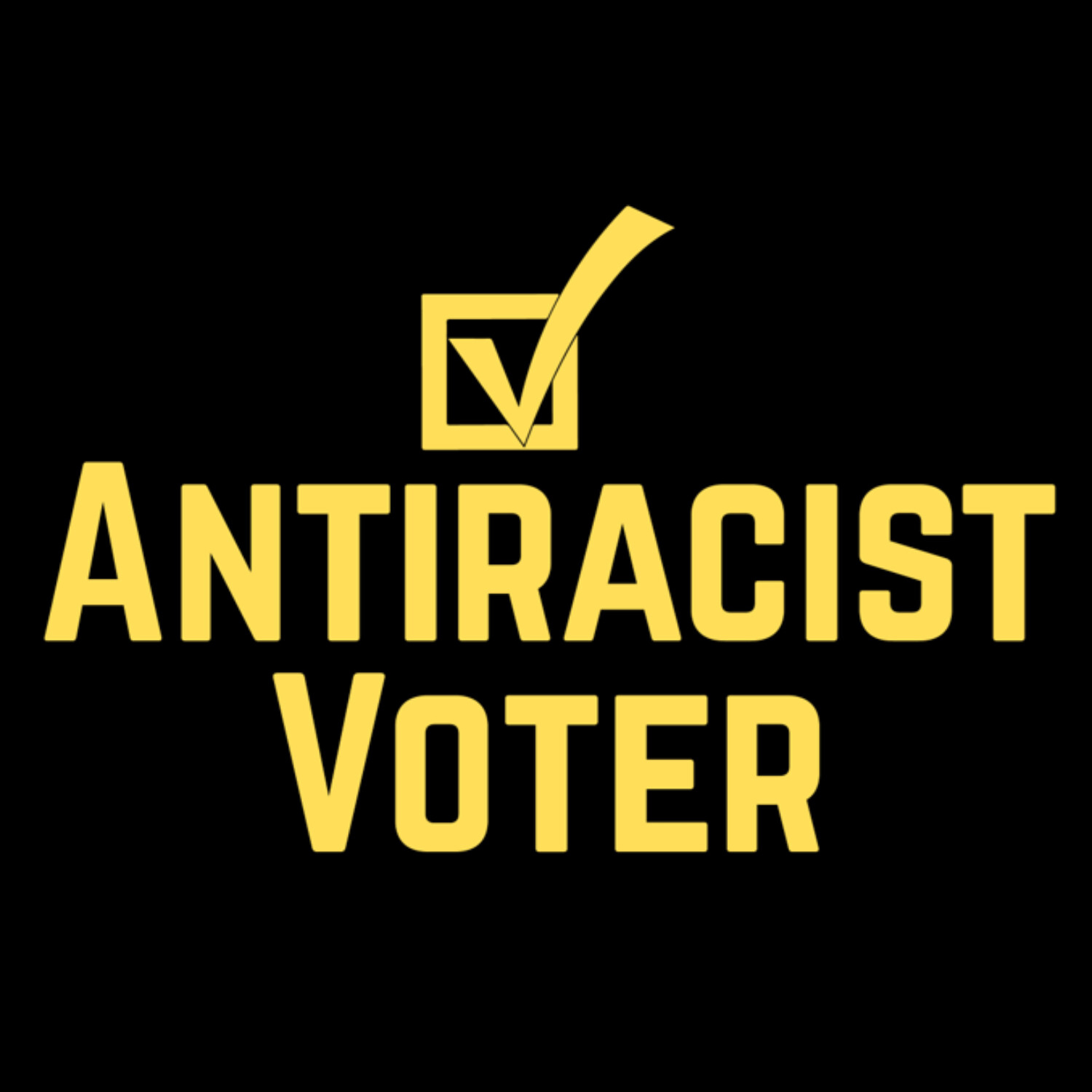 |
Antiracist VoterCrucial conversation about race, racism, and how to be an antiracist voter. Author: Tony Loyd Language: en Genres: News, Politics, Science, Social Sciences Contact email: Get it Feed URL: Get it iTunes ID: Get it |
Listen Now...
Can Truth and Reconciliation Work in Minneapolis?
Episode 11
Monday, 2 November, 2020
Joy Marsh Stephens talks about the Minneapolis Truth and Reconciliation process. We know the statistics. There are opportunity gaps in education. By the fourth grade, 50% of all Minnesota children reach reading proficiency, only 31% of Black children are reading proficiently. Minnesota enjoys an 83% high school graduation rate overall, but a 67% graduation rate among Black students. There is an income gap. The median household income among White Minnesotans is $71,415. But the median income among Black households is $34,879. The poverty rate for White residents is 7%, while the poverty rate is 28% for Black Minnesotans. There’s a housing gap. Black home ownership is 22%, about half the national average. Black renters are cost-burdened. 29% of Back residents pay 30 to 50% of their income on rent. And another 27% of Black residents pay more than 50% of their income on rent. And there is a criminal justice gap. Although Black folks only make up 19% of Minnesota’s population, they account for 66% of the use of force by police. Minnesota has a deep history of racial disparities from slavery to redlining, to mass incarceration. So, how do we move forward in a way that accounts for past acts, examines current structural racism, and envisions a better future? There are models that work. A key example of that is the Truth and Reconciliation commission. These commissions were used in South Africa after apartheid, and in Canada, in the wake of the damage caused by Residential Schools. Now, that model is being put to the test in Minneapolis. Joy Marsh Stephens is the Director of the Division of Race and Equity in the City of Minneapolis. She stopped by to talk about the Truth and Reconciliation process in Minneapolis. About Joy Marsh Stephens: Joy Marsh Stephens directs the Division of Race and Equity in the City of Minneapolis. Since joining the City in 2015, Joy has focused on growing the capacity of City staff to integrate racial equity into everyday decision-making, business planning, inclusion activities, and policymaking. Joy partners closely with cities, counties and state agencies across the nation that are also committed to advancing racial equity. Through the federally funded ReCAST Minneapolis program, Joy leads a coalition of staff and community members in reversing the harm of systemic racism through trauma literacy, building resilient communities and shifting systems towards more equitable outcomes. Joy comes to the City of Minneapolis with over 20 years of experience leading large-scale systems change initiatives in multiple sectors including financial services, healthcare, education, and government. Most recently, Joy led domestic and international systems integration and acquisition projects at the enterprise level for UnitedHealth Group. She enjoys an active public life as well, having volunteered in leadership roles in numerous nonprofit boards, schools and other community groups with a focus on driving racially equitable policy at the municipal and state level for over 15 years. Joy holds undergraduate and graduate degrees from the University of Minnesota – Twin Cities. Learn More About Joy Marsh Stephens and the Truth and Reconciliation process: Joy Marsh Stephens on LinkedIn: https://www.linkedin.com/in/joymstephens Division of Race and Equity: http://www2.minneapolismn.gov/coordinator/Equity/index.htm












